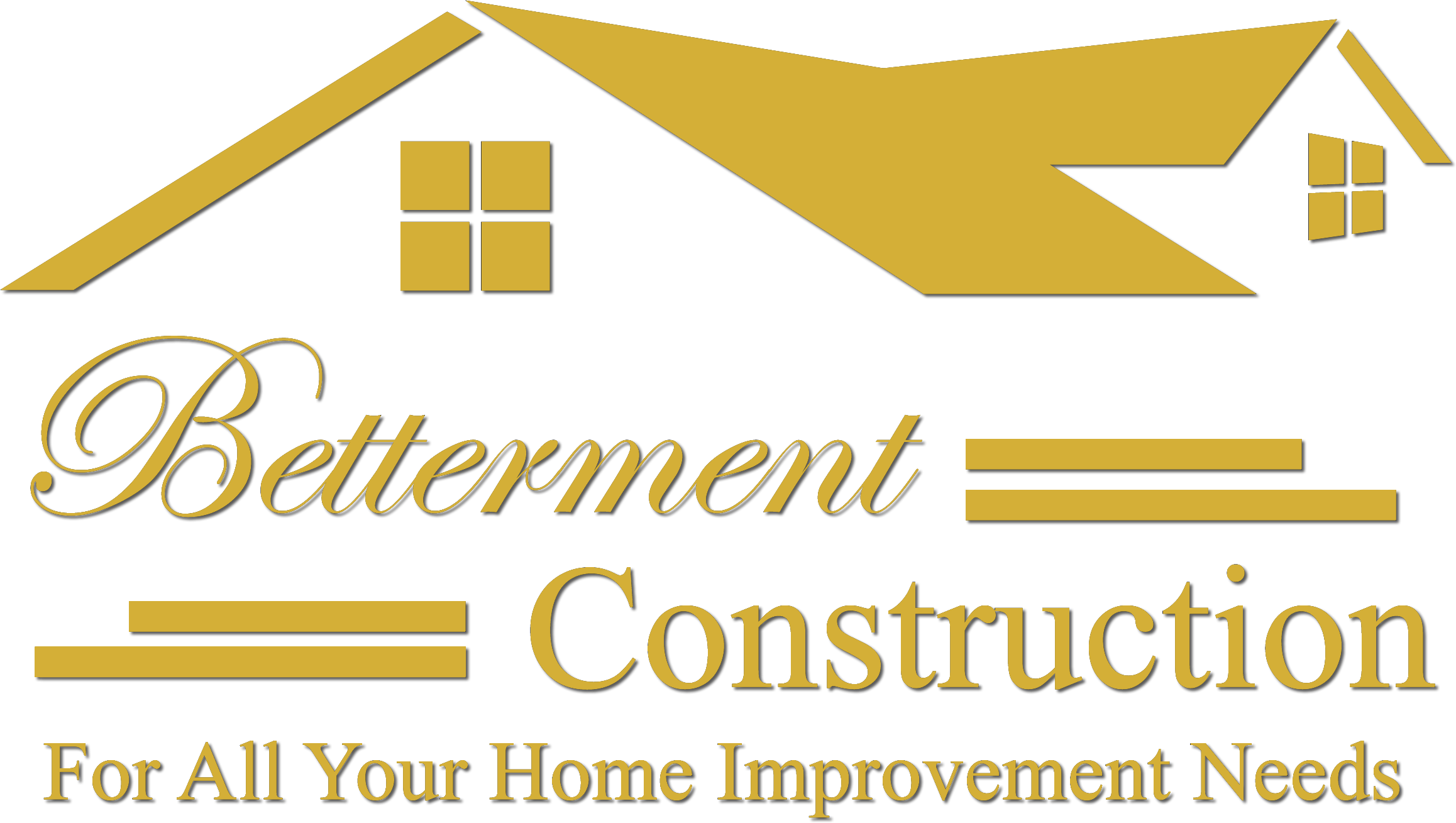What is a HUD 203(k) Loan?
When it comes to buying a home that needs repairs or remodeling, not everyone has the budget to handle post-purchase costs. That’s where a HUD 203(k) loan enters the scene, providing a unique financial solution. A HUD 203(k) loan, also known as the FHA 203(k) Rehab Mortgage Insurance Program, is a type of government-backed loan that enables homebuyers and homeowners to finance both the purchase (or refinancing) of a house and the cost of its rehabilitation through a single mortgage or to finance the rehabilitation of their existing home.
Key Features of HUD 203(k) Loans
Combination of Purchase and Rehab Costs: One of the most appealing features of the 203(k) loan is that you can combine the home renovation costs with the original purchase price of the home into a single loan. This can simplify the process significantly as compared to securing separate financing for each.
Accessibility: These loans are available to both first-time and repeat buyers. You don’t necessarily have to be a first-time homebuyer to qualify.
Variety of Repairs Covered: From essential structural repairs to cosmetic ones like painting and decorating, a wide range of renovations can be included. This includes plumbing, flooring, and even major landscape work.
Low Down Payments: Like typical FHA loans, a 203(k) loan only requires a minimum down payment of 3.5%, which makes it more accessible to a broader range of buyers.
Fixed and Adjustable Rates: Borrowers can choose between a fixed or an adjustable-rate mortgage, which provides flexibility depending on their financial scenarios and the market environment.
Step-by-Step Process for Securing and Utilizing a HUD 203(k) Loan
1. Application Process: Initially, the borrower finds a property and works out the renovation details with a contractor. After this, they approach a lender who offers FHA 203(k) loans. The application process involves providing necessary financial documents and details about the planned renovations.
2. Property Appraisal: An appraiser evaluates the property both in its current condition and an estimated value after renovations. This appraisal dictates how much the bank will lend.
3. Approval and Closing: Upon loan approval, there’s a closing process just like with standard home loans. Funds that are meant for refurbishments are placed in an escrow account and released as renovation progresses.
4. Rehabilitation Period: HUD 203(k) loans stipulate that the repair work must start within 30 days of closing and should not stop for more than thirty consecutive days. The work must be completed within six months of closing.
HUD 203(k) Eligibility Requirements
To qualify for a HUD 203(k) loan, you must meet the following:
Owner-Occupancy: The property must be your primary residence. This loan is not available for investment properties.
Type of Property: Eligible properties include 1–4-unit homes that have been completed for at least one year. Certain types of homes, like condos, may have specific requirements or limitations.
Credit Score Requirements: Typically, a credit score of 620 or higher is recommended. However, lenders may have varying requirements.
Debt-to-Income (DTI) Ratios: The standard FHA loan requirement of a DTI ratio that does not exceed 43% applies to 203(k) loans as well.
A Contractor’s Personal Experience
As a company who is a preferred 203(k) contractor in Connecticut, who has navigated the complexities of streamlining the process. I found the HUD 203(k) loan to be a lifeline for homeowners looking to buy that “fixer upper” or just wanting to renovate their existing home. Having the ability to roll renovation costs into the mortgage will allow you to allocate funds more efficiently. Here at Betterment Construction, we will work hand in hand with you and the HUD coordinator to make sure that the entire process from start to finish is as smooth as possible.
We harness every detail of your vision and bring it to life with precision and experienced craftsmanship.
It’s not just about restoring a house; it was about creating a home tailored to your needs and preferences.
Maximizing the Benefits of HUD 203(k) Loans for Home Renovations and Purchases
A HUD 203(k) loan can be a fantastic resource for those looking to buy a fixer-upper or renovate their current home. By understanding the process and meeting the eligibility requirements, you can leverage this financial tool to transform a property into your dream home without the immediate financial burden of separate loans. Whether you are a first-time homeowner or a seasoned buyer, the benefits of a 203(k) loan are worth considering if you are stepping into the world of home renovation. Please feel free to reach out to us and we can help walk you through the process.

